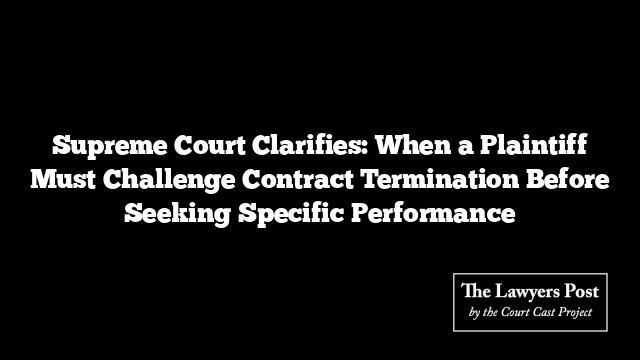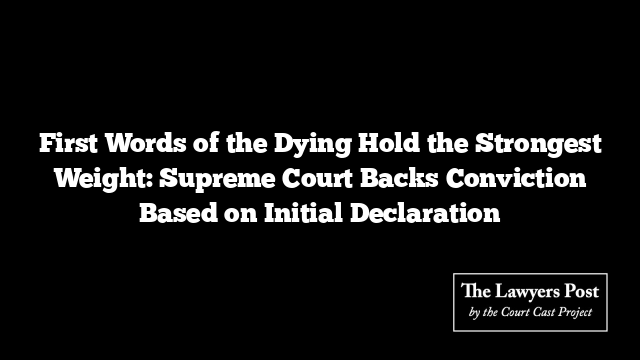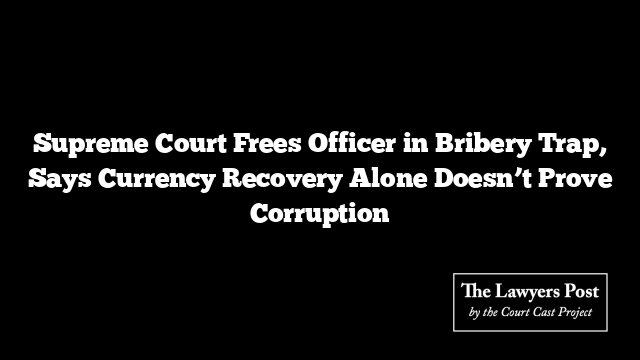In a ruling that refines the contours of contract enforcement, the Supreme Court has drawn a clear line between termination and wrongful repudiation of a contract, explaining when a plaintiff must first challenge a contract’s termination before seeking its specific performance.
The Court observed that when a contract explicitly grants one party the right to terminate—for example, due to delayed payment or breach—an exercise of that right carries presumptive legal validity. This, the judges said, casts a “cloud” over whether the agreement continues to exist. In such cases, a plaintiff must first seek a judicial declaration that the termination was invalid before asking for the contract’s performance.
Without lifting that cloud, the Court noted, it cannot enforce a contract that may no longer legally subsist.
Conversely, if the purported termination has no contractual basis or the terminating party has already waived its right—for instance, by accepting further payments after the alleged breach—then such termination amounts merely to a wrongful repudiation. In those instances, the plaintiff may treat the contract as continuing and proceed directly with a suit for specific performance without needing a separate declaration.
As the judgment put it:
“A declaratory relief is required where a doubt or cloud exists over the plaintiff’s right, and the grant of relief depends on its removal. But when the act of termination itself is void or waived, no such declaration is needed—the contract stands as if it was never broken.”
The case before the Court involved an agreement to sell between a buyer and a vendor. Despite lacking any termination clause, the vendor attempted to end the contract months later, even after accepting an additional payment from the buyer.
The trial court dismissed the buyer’s suit, stating that a declaration invalidating the termination should have been sought first. The first appellate court disagreed, ruling that the vendor’s acceptance of further consideration effectively waived any termination right, rendering the repudiation wrongful.
When the High Court reinstated the trial court’s decision, the buyer turned to the Supreme Court. Restoring the appellate court’s view, a bench of Justices JB Pardiwala and Manoj Misra held that the vendor’s conduct—accepting payment after the lapse of the contractual period—was an unequivocal waiver of any termination right.
The Court concluded that in such a situation, there was no need for a separate declaration: the contract had remained alive by virtue of the vendor’s own actions.





